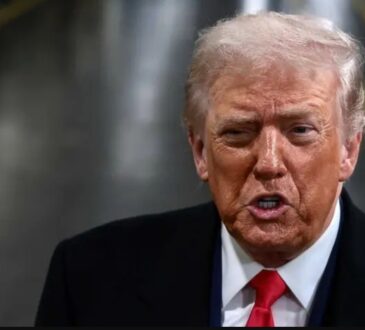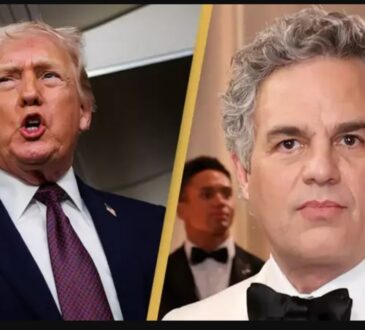Donald Trump gives bizarre and ‘illegal’ response when asked about US citizens potentially being sent to ‘world’s worst prison’

Former U.S. President Donald Trump has made headlines again this time for saying he “loves” the idea of sending American criminals to a harsh mega-prison in El Salvador.
This prison, known for its brutal conditions, can hold up to 40,000 inmates. Prisoners are locked in tiny cells for over 23 hours a day, surrounded by metal beds and barely any space a far cry from American jails.
Just last month, the U.S. deported 261 non-U.S. citizens to this prison. Many of them were accused of being gang members, especially from Venezuela’s Tren de Aragua and the infamous MS-13. Trump used an old law from 1798, the Alien Enemies Act, to bypass courts and send them away without trials.
Now, Trump is thinking even bigger. When asked if he would send American prisoners to that same prison, he replied: “Well, I love that.”
He said he would be happy to send the worst repeat offenders people who attack others, push people in front of subways, or commit violent crimes — to El Salvador, if the country’s president, Nayib Bukele, agreed. Trump claimed it would save money and be a strong message to criminals.
He added: “If they can house these horrible criminals for less money, I’m all for it.”
However, even Trump admitted he wasn’t sure if the law would allow it. “I don’t know what the law says on that,” he said, “but I can’t imagine the law would say anything different.”
Trump’s suggestion sparked outrage online. Many people pointed out that U.S. citizens still have rights, even when in prison, and that sending them to foreign jails without proper legal steps would be illegal under international law.
One user wrote: “This isn’t leadership it’s an authoritarian fantasy.” Another added, “Due process and justice aren’t optional.”
Right now, it’s unclear if Trump’s idea is just talk or if he’s serious. But experts agree: such a move would likely be illegal and would go against basic human rights.




